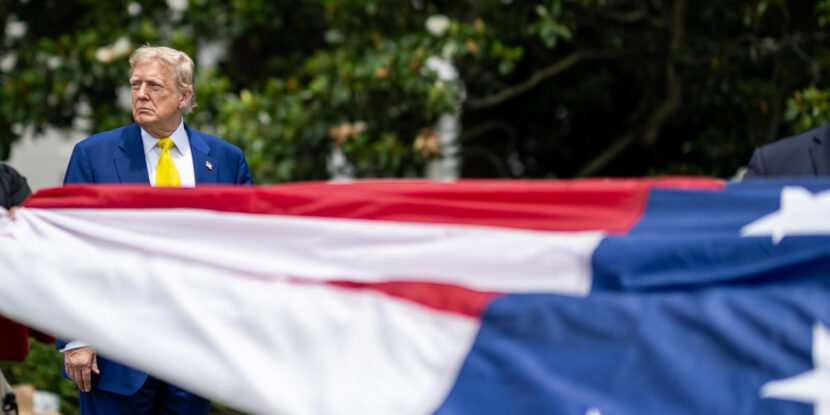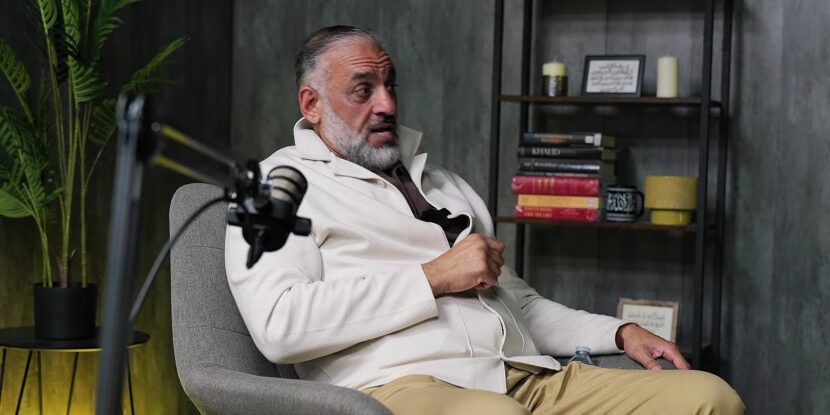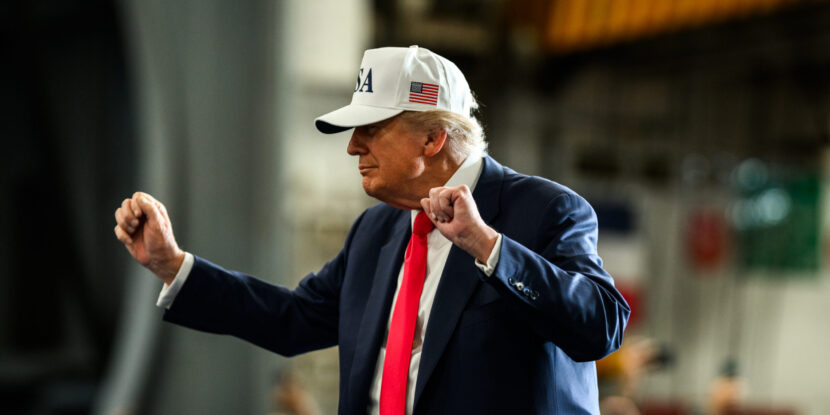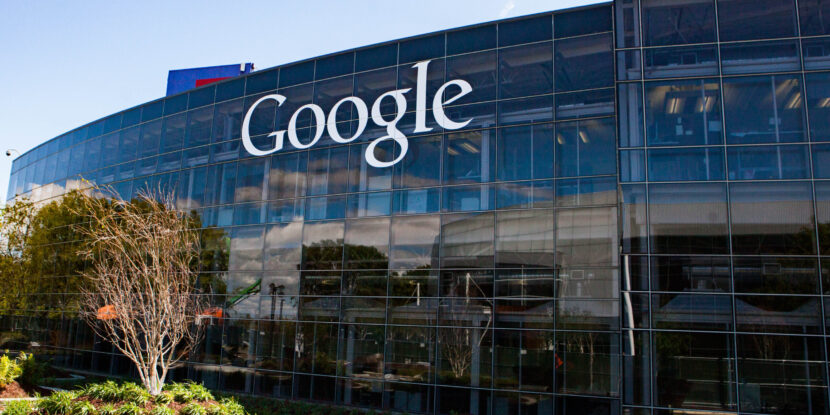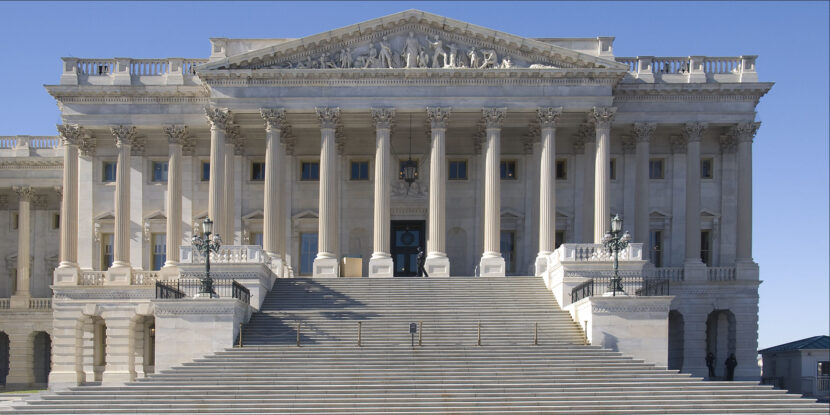❓WHAT HAPPENED: The Federal Trade Commission (FTC) approved a $13.5 billion merger between Omnicom and IPG, two major advertising firms, with conditions to prevent viewpoint discrimination and political bias.
👤WHO WAS INVOLVED: The Federal Trade Commission, FTC Chairman Andrew Ferguson, Omnicom, IPG, and the now-disbanded Global Alliance for Responsible Media (GARM).
📍WHEN & WHERE: The decision was announced on Monday, during the Cannes Lions Festival of Creativity, where industry leaders were gathered.
💬KEY QUOTE: “This consent agreement will help mitigate the dangers inherent in a consolidated national advertising market.” – FTC Chairman Andrew Ferguson
🎯IMPACT: The merger, along with the imposed conditions, aims to curb political bias and collusion in the advertising industry, potentially setting a precedent for other firms.
The Federal Trade Commission (FTC) has approved a $13.5 billion merger between Omnicom and IPG, two of the world’s largest advertising firms. The decision comes with strict conditions aimed at curbing political bias and preventing future coordination against publishers based on political viewpoints.
FTC Chairman Andrew Ferguson announced that the firms have agreed to cease all coordination that steers ad dollars away from publishers based on political views. They will also cooperate with the FTC’s investigation into past collusion and submit to compliance reviews. “This consent agreement will help mitigate the dangers inherent in a consolidated national advertising market,” Ferguson said.
“Today, Omnicom and IPG have committed themselves to help stop that sort of coordination in their industry,” Ferguson continues, stating: “This consent agreement will help mitigate the dangers inherent in a consolidated national advertising market.”
The FTC had considered blocking the merger due to evidence of past coordination against conservative news outlets. Ferguson highlighted the role of the now-disbanded Global Alliance for Responsible Media (GARM), which was accused of directing ad dollars away from right-of-center publishers. “GARM was neither the beginning nor the end of harmful and potentially unlawful collusion in this industry,” Ferguson stated, adding: “Numerous other industry groups and private organizations have publicly sought to use the chokepoint of the advertising industry to effect political or ideological goals.”
GARM faced scrutiny after a congressional investigation revealed it had blacklisted conservative outlets, labeling them as “High Risk” or “Conspiracy Theories.” Internal emails showed disdain for freedom of speech advocates and the Constitution.
Under the FTC’s consent decree, Omnicom and IPG will submit annual compliance reports for five years and cooperate fully with investigations into past collusion. The agreement is seen as a significant shift in the advertising industry, which has long relied on coordinated exclusion lists to target disfavored publishers. Whether other major firms like Publicis and WPP will follow suit remains to be seen. The public has 30 days to submit comments on the merger decision to the FTC.
Join Pulse+ to comment below, and receive exclusive e-mail analyses.
